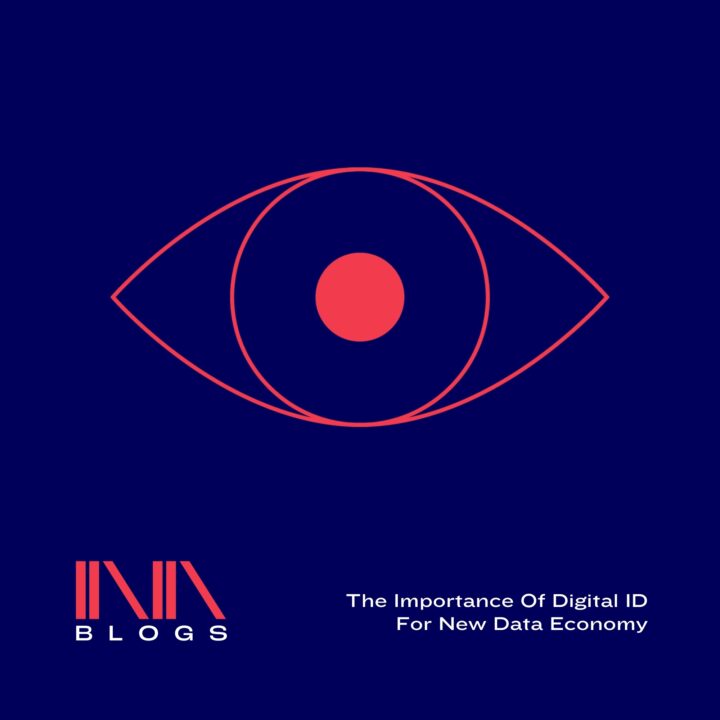
The world is witnessing a digital revolution, and data is the fuel that powers this transformation. In the era of Web 3, data has become more important than ever before. As the internet transitions from a centralised to a decentralised model, the role of data in driving innovation and growth has increased manifold. In this article, we will explore why data is so crucial for the success of Web 3.
The Foundation for Decentralised Applications (Dapps)
Decentralised applications, or dapps, are at the core of Web 3. These applications rely on data stored on the blockchain to function effectively. Data provides dapps with the ability to access and interact with information, allowing users to make informed decisions based on real-time data. This real-time access to data is essential for creating more powerful and complex applications, which can offer users valuable insights from the data collected.
The Revolution of User Interaction
Data is also transforming the way users interact with Web 3. In the past, data was largely centralised, which meant that users had very little control over how their data was used. By decentralising data, users are now able to take back control of their data and choose how to use it. This helps to ensure that data is not being used for inappropriate purposes and gives users more control over their personal information. This is a significant shift in the digital landscape, which is helping to create a more transparent and trustworthy ecosystem.
Trustless Financial System
Web 3 is also paving the way for a new trustless financial system. By providing users with the ability to securely store and transfer value, Web 3 will create a more efficient financial ecosystem. The decentralisation of financial data is a key element of this system. This enables users to conduct financial transactions without the need for intermediaries, such as banks or payment processors. This not only reduces the costs of financial transactions but also eliminates the need for trust in third parties, providing users with greater financial autonomy.
Enhanced Efficiency, Scalability, and Security
Data is essential for unlocking the potential of Web 3. With data at the core, Web 3 promises to deliver an open, secure, and transparent digital economy. Data enables greater efficiency, scalability and security, which are vital for the success of Web 3. The use of distributed ledgers to store and manage data provides a more secure and transparent method of storing data compared to centralised systems. This can help prevent data breaches. It also ensures that data is not manipulating or corrupting.
Furthermore, the use of data in Web 3 can improve scalability by allowing for the creation of more efficient and robust networks. Data helps to facilitate the creation of consensus mechanisms. This mechanism enable networks to scale to accommodate a large number of users.
Conclusion
In conclusion, data is crucial for the success of Web 3. It is the foundation upon which decentralised applications, trustless financial systems, and enhanced efficiency, scalability, and security are built. As we continue to transition towards a more decentralised digital ecosystem, data will continue to play a critical role in driving innovation and growth. By harnessing the power of data, we can create a more transparent, efficient, and secure digital economy that benefits everyone.
Frequently Asked Questions (FAQs)
How does blockchain contribute to Web 3 security?
Blockchain ensures data integrity by creating an immutable ledger of transactions. This tamper-proof nature enhances security and prevents unauthorised data modifications.
What is the role of data encryption in Web 3?
Data encryption in Web 3 ensures that sensitive information remains indecipherable even if a breach occurs. This safeguards user privacy and enhances overall security.
Can Web 3 prevent identity theft?
Web 3’s decentralised identity management empowers users to control their digital identities. This shift reduces the risk of identity theft and enhances security.
How does data interoperability impact Web 3 security?
Data interoperability enables secure sharing of information between different dApps and platforms. It fosters a cohesive and secure Web 3 ecosystem.
What challenges does data authentication face in Web 3?
In a decentralised environment, verifying the authenticity of data sources is challenging. Establishing robust authentication mechanisms is essential to maintain data integrity.










